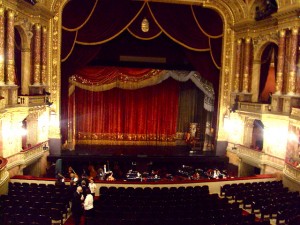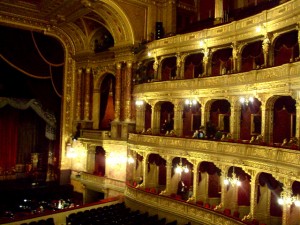An excerpt in the book, “Eat, Pray, Love” spoke to me as it perfectly articulated the feelings one experiences while traveling abroad:
“The great Sufi poet and philosopher, Rumi, once advised his students to write down the three things they wanted most in life. If any item on the list clashes with any other item, Rumi warned, you are destined for unhappiness. Better to live a life of single-pointed focus, he taught. But what about the benefits of living harmoniously amid extremes? What if you could somehow create an expansive enough life that you could synchronize seemingly incongruous opposites into a worldview that excludes nothing? […] I wanted to experience both. I wanted worldly enjoyment and divine transcendence–the dual glories of a human life.”
I couldn’t agree with Elizabeth Gilbert more. Her ability to articulate such a harmonious desire was something I have been trying to articulate all along. It seems as though I have experienced everything from Paris’ indulgences, to Rome’s spirituality, to Budapest’s musicality. All of these extremely diverse countries have offered me something so unique. Reflecting on that very passage, I have been blessed with that very gift over the course of the past few months: worldly enjoyment and divine transcendence.
As for Hungary, my skepticism about traveling on an eleven-hour night train to an eastern European country for five days was present on my mind for several days leading up to the trip. As Hungary greeted me with a cold and rainy day, my perception of the country was at its best, different. It wasn’t until the following days that I approached Budapest with a more open and forgiving mind. Learning about their communist past and there ever improving future reminded me of a similar lesson I had learned in Berlin: one can never forget a past, whether pleasant or not, that ultimately led to a successful future.
After warming up to the diverse Hungary, I was eager to appreciate more that was unique to their culture. So, last night we went to a Hungarian Opera. This Opera house was the most beautiful venue I have ever seen–its elegance begged me to imagine myself attending this place in the early years, adorned in a beautiful gown and tight curls. Although the latter description wasn’t true, we had an absolutely lovely evening. The Italian opera, Rigoletto, portrays the flirtatious, seductive nature of love and the curses between men because of such love. Despite our inability to understand the opera (as it was sung in Italian and the subtitles were in Hungarian), it was a phenomenal night I will never forget.


Leave a Reply